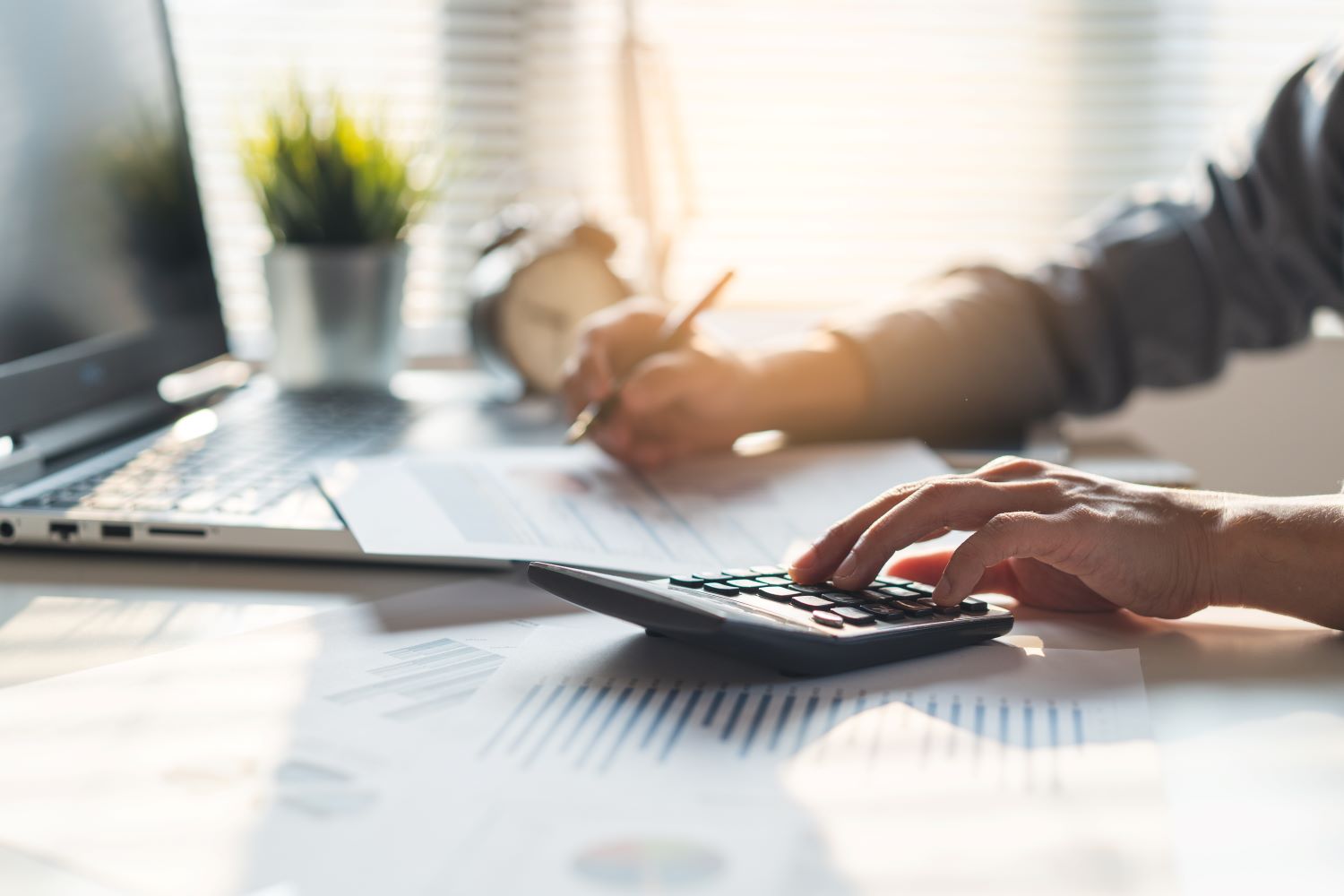Choosing whether to register for self-assessment can be a difficult decision. Certain myths have also thrived, making the decision more complex. To help, HMRC has clarified some of the most common misconceptions surrounding self-assessment and when you’ll need to pay tax when you’re self-employed.
With more people now working for themselves, HMRC has highlighted five of the most common self-assessment myths:
Myth one: “HMRC hasn’t told me to file a tax return.”
Reality: It’s your responsibility to work out if you need to file a tax return. There are many reasons why you might need to register for self-assessment including:
- You’ve recently become self-employed and have earned £1,000 or more
- You’ve earnt less than £1,000 but want to pay Class 2 National Insurance Contributions voluntarily to protect your state pension and other benefits
- You’re a new partner in a business partnership
- You’ve received untaxed income over £2,500
- You receive Child Benefit payments and need to pay the High Income Child Benefit Charge because you or your partner earned over £50,000
If you’re not sure whether to register there’s a free online tool which you can use to check. After you’ve registered, you’ll receive a Unique Taxpayer Reference, which you will need to complete a tax return and pay any tax due.
Myth two: “I’ll have to pay any tax when I file my tax return.”
Reality: Any tax owed doesn’t have to be paid when you submit your tax return. For the 2023/24 tax year the deadline for paying tax is 31 January 2025. It’s also possible to set up weekly or monthly payments using the Budget Payment Plan to spread the cost of any tax.
Myth three: “I don’t have any tax to pay, so there’s no need to file a return.”
Reality: Even if you don’t owe tax, you might need to file a self-assessment return. Doing so will allow you to claim a tax refund or tax relief on business expenses, charitable donations or pension contributions, or pay voluntary Class 2 National Insurance Contributions.
Myth four: “I’ll automatically be removed from self-assessment if I no longer need to file a tax return.”
Reality: If you’ve stopped being self-employed or don’t need to file a return it’s your responsibility to let HMRC know. If not, you’ll be reminded to file a tax return and may be charged a penalty if you don’t submit one.
Myth five: “There’s been a crackdown on selling possessions online and I’ll have to file a self-assessment return and pay tax on things I sold after clearing out the loft.”
Reality: There haven’t been any change to the rules in this area. Selling clothes, books, CDs and personal items on sites such as Vinted and eBay doesn’t require you to register for self-assessment or pay tax on your sales.
If you’re newly self-employed or need support with your self-assessment or tax return please get in touch.
